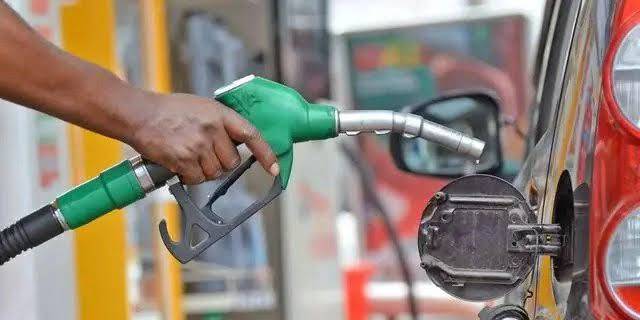NNPCL Reduces Petrol Price To N899/Litre To Foster Market Competition
In a surprising turn of events, the Nigerian National Petroleum Company Limited (NNPCL) has announced a significant price adjustment for petrol, bringing it down to N899 per litre for marketers. This move, widely viewed as a strategic measure to stimulate healthy competition within the petroleum sector, underscores the state-owned company’s renewed commitment to fostering market stability and consumer affordability.
The decision comes against the backdrop of fluctuating global oil prices and increasing domestic pressure on fuel pricing. Industry observers note that the price reduction aligns with NNPCL's broader vision of transforming the downstream oil and gas sector into a more dynamic, competitive, and transparent space. By offering petrol at a reduced rate, the company seeks to level the playing field, enabling marketers to compete effectively while delivering cost savings to end-users.
For years, the Nigerian fuel market has faced challenges, including supply chain inefficiencies, infrastructural deficits, and regulatory constraints. These issues have often translated into higher pump prices for consumers and limited flexibility for marketers. By setting the petrol price at N899 per litre, NNPCL aims to address some of these longstanding issues while demonstrating its readiness to adapt to market dynamics and consumer needs.
The move is expected to create a ripple effect across the petroleum industry. Private marketers, who have often struggled to match NNPCL’s pricing due to economies of scale and logistical advantages, now have an opportunity to align their pricing strategies more competitively. This development could lead to increased innovation in service delivery, improved distribution networks, and a greater focus on customer satisfaction as players vie for market share.
While the reduction is welcomed by many, some stakeholders have expressed caution, emphasizing the need for a sustainable pricing framework. They argue that such adjustments must be backed by robust policies to ensure that they do not lead to unintended consequences, such as supply shortages or reduced profit margins for smaller marketers. There are also concerns about how this initiative might impact the broader economic landscape, particularly in light of Nigeria's reliance on oil revenues and ongoing efforts to diversify its economy.
From a consumer perspective, the price drop represents a glimmer of hope amidst economic uncertainties. Nigerians have long grappled with the rising cost of living, and any measure that alleviates financial burdens is likely to be met with widespread approval. However, many are keen to see whether this pricing strategy will be sustained or if it represents a temporary adjustment driven by specific market conditions.
NNPCL’s decision also underscores its role as a pivotal player in Nigeria's energy sector. As the company continues its transition towards becoming a fully commercialized entity, balancing profit motives with public interest remains a critical challenge. The petrol price reduction, therefore, serves as a litmus test for NNPCL’s ability to navigate these competing priorities while maintaining its commitment to national development.
As the market reacts to this development, the coming months will be crucial in determining the broader implications of NNPCL's pricing strategy. If successful, the initiative could set a precedent for other market-driven reforms within the sector. However, achieving this requires sustained collaboration among stakeholders, transparent monitoring mechanisms, and a long-term vision that prioritizes both economic growth and consumer welfare.


